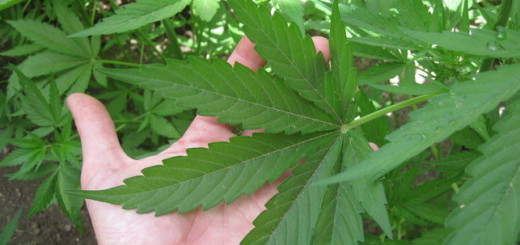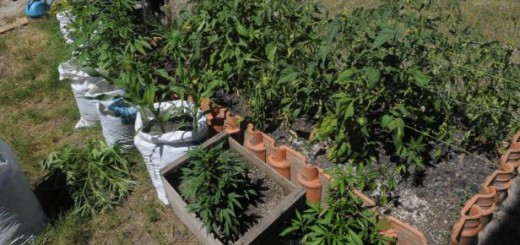The Berkeley City Council has unanimously approved an amendment to their medical marijuana program – starting next August, Berkeley’s three medical marijuana dispensaries will be required to donate at least 2 percent of their cannabis to low-income residents. Residents will be able to receive free, high quality medical marijuana from dispensaries to help with the list of ailments for which California allows cannabis to be prescribed. Candidates for the free cannabis must be Berkeley residents and show proof of income of less than $32,000 a year.
This decision has caused a bit of controversy: when asked about the program on Fox News, Bishop Ron Allen, head of the International Faith Based Coalition, said about the new program:
“It’s ludicrous, over-the-top madness, why would Berkeley City Council want to keep their poverty-stricken under-served high, in poverty and lethargic?” In response, MPP’s Mason Tvert stated: ”It’s a matter of the democratic process, people following the state’s laws, and this law appears to accommodate both of those.” The full exchange between Bishop Ron Allen and Mason Tvret can be seen here.
The City Council approved the requirement earlier this summer with the hope of making cannabis, which can go for up to $400 an ounce at dispensaries, affordable for all residents. This is the first “weed welfare” program in the United States and comes after Republicans bashed welfare beneficiaries for making EBT withdrawals at dispensaries in Colorado earlier this year. What do you think about the program? Should free marijuana be provided for low-income residents?
Prominent California cannabis entrepreneurs will certainly be featured extensively at the conference, providing insights into the California industry, as well as providing helpful business advice, including Debby Goldsberry, currently with Magnolia Wellness and co-founder of the Berkeley Patients Groups; Don Duncan of Americans for Safe Access; Robert Jacob, Mayor of Sebastopol; Amber Senter, vice-president of Bayside Botanicals; Dave McCullick of Sonoma Patient Group; and Adam Mintz of Steep Hill Labs.
Source: International Cannabis Business Conference













Comentarios recientes